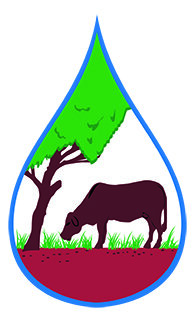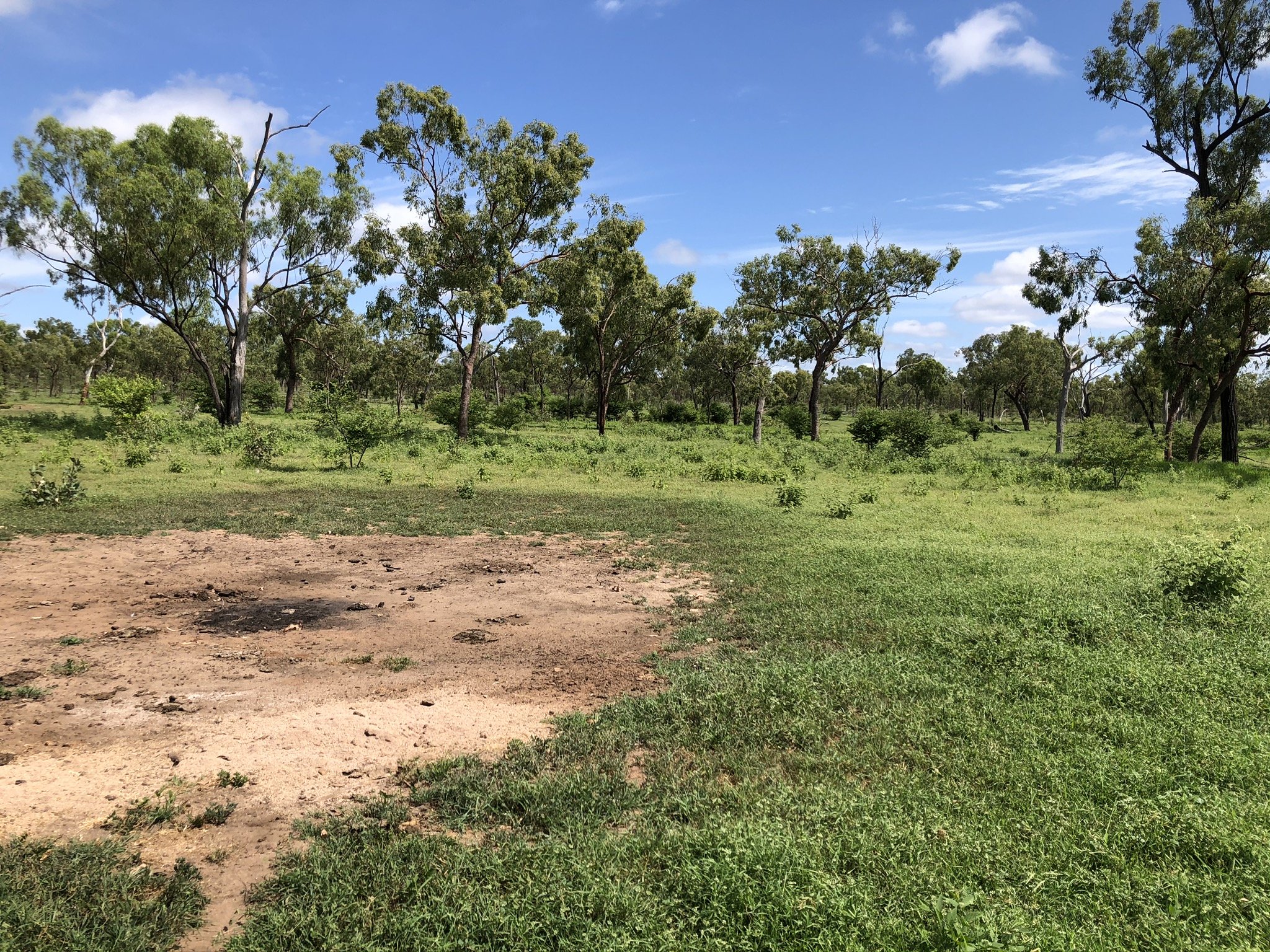Using GRASS to dilute grazing pressure, not your top soil
From improving pastures, to rotational grazing and everything in between, graziers are always looking to improve productivity and the environmental outcome. A healthy ecosystem produces more grass, improving production. To do just that, land managers in the Burdekin, Fitzroy and Burnett Mary regions have been using a State Government funding program.
The Grazing Resilience and Sustainable Solutions (GRASS) program has been designed to enable graziers to identify, improve and maintain their land condition with a specific focus to improve ground cover and reduce soil loss from their farm.
Charters Towers Graziers, Eiren and Tegan Smith used the funding to create a new watering point.
“The main idea of the project was to spread grazing pressure,” Mr Smith said.
“Prior to the project the existing waters were both on one side of the paddock, so it had very uneven grazing pressure.”
The GRASS program funding helped the Smiths to install a new 23,000 litre tank, more than three and a half kilometres of 63mm poly pipe, a solar powered water pump and two new troughs. Everything was purchased in Charters Towers, as the family aims to support local businesses.
“It’s just been wonderful, what it’s done for us.” Mr Smith said.
“It’s just been wonderful, what it’s done for us.””
“We had a real corner affect in those paddocks, pressure around the old waters and we always had this older feed that was just sitting there and was underutilised.”
All up the Smith’s spent close to $40,000 on the project, and the funding through the GRASS program came to $15,000. Other properties in the district have also taken advantage of the offer. GRASS projects can include fencing to protect highly erodible country, gully remediation or other programs to help control sediment runoff.
“We don’t want our ground cover running away when it rains. That’s our asset and we want to keep it here,” Mr Smith said.
The Department of Agriculture and Fisheries and regional Natural Resource Management (NRM) groups are working with landholders to develop tailormade action plans. The cost of developing each plan will depend on the size and condition of participating properties and this will be covered through the GRASS program. This allocation covers the time, mapping information, and tools and extension services required to develop each property specific plan.
“The program was developed to provide both the technical and financial support for these producers who have land in either poor or degraded condition, and who are wanting to do something about it,” said Brigid Nelson, Regional Manager Beef and Sheep (north) with the Department of Agriculture and Fisheries based in Charters Towers.
“And at the time of the program development, the reef protection regulation was nearing rollout within the highest priority risk catchment, that is the Burdekin, the Fitzroy and the Burnett Mary catchment,” Ms Nelson said.
Landholders taking part in the program are being acknowledged by the State Government, that they are proactively undertaking efforts to reduce nutrient or sediment runoff from their properties and contribute to improved water quality for the Great Barrier Reef.
“It’s allowing us to look after the country a lot better, because we can spread that pressure over the whole paddock. That’s the beauty of what it has done for us,” Mr Smith said.
“We’re rotating our country pretty seriously now. When you put a bigger mob of cattle in a paddock for a shorter period of time, it’s really great to have water everywhere in the paddock. You can really get more of an even graze over the entire area. You can see a difference straight away.”
Graziers and land managers are being encouraged to get in touch with an extension officer from the Department, or with their local Natural Resource Management group who will be able to talk them through the process.
Funding through the GRASS program will be available until June 2022.
For More information or to enquire about a GRASS project on your property, you can contact.
Department of Agriculture and Fisheries:
Ph: 132523
Email: info@daf.qld.gov.au
NQ Dry Tropics:
(07) 4799 3500






